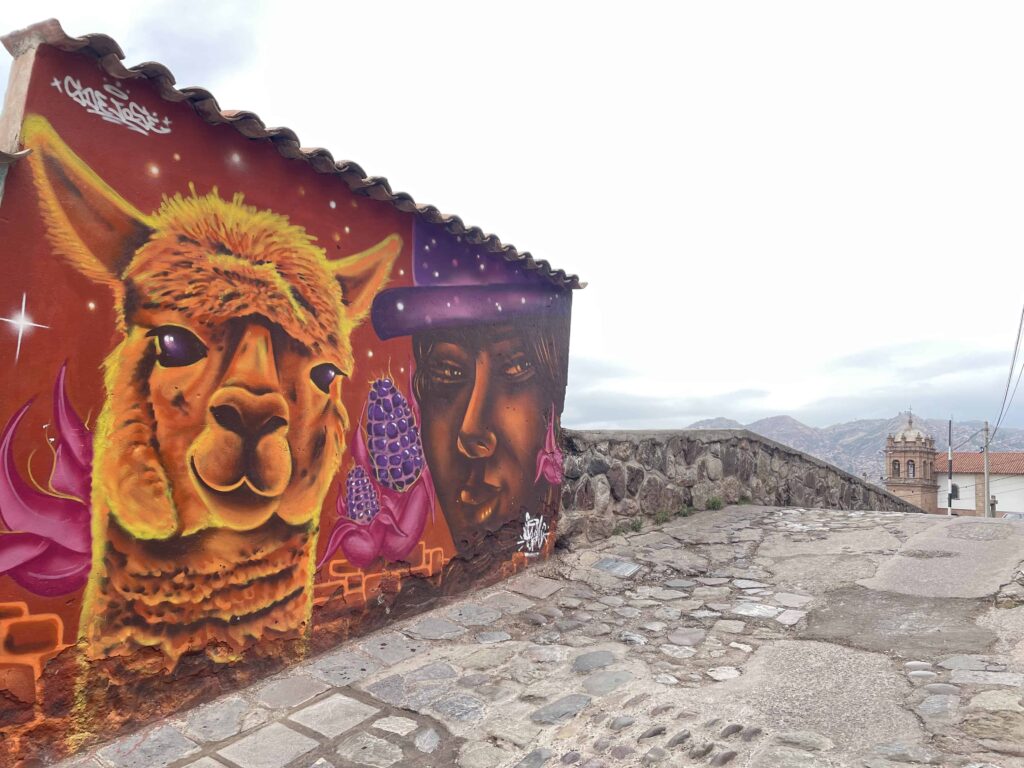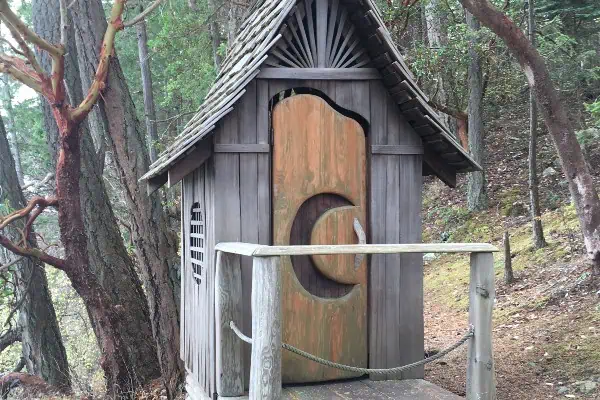Mastering a new language for your next vacation

Mexico, the Caribbean, Central America and South America are incredibly popular vacation destinations for Yukoners. Can you blame us? Six months of snow and ice will lead almost anyone to daydream, at some point, about a sunny, exotic vacation somewhere far away. When I first travelled to Peru, years ago, I knew maybe three words in Spanish. Stepping off the plane, I felt lost even though I was able to get by with speaking English. I felt like I couldn’t really connect with the people I came into contact with. Every so often, a kind stranger would enthusiastically ask me, “¿Hablas español?” (Do you speak Spanish?). I would shake my head no, and the disappointment on their faces would echo my own. I wished that I could answer yes, but very much doubted that that would ever be the case.
I eventually enrolled in Spanish classes in Cusco, but after five days decided that it wasn’t for me. The other students were mostly interested in learning how to navigate the local nightlife and I was looking for something else. I had Duolingo, the popular language learning app, on my phone and would occasionally spend some time on it, but the repetitive nature, in time, became tiresome.
In the end it was immersion and time that got me to where I am now. My Spanish isn’t perfect and I still make grammatical errors that I’m too lazy to correct, but I can now navigate daily life with very few problems. I can make jokes, understand other people’s stories, run errands and express myself in a manner that is almost how I wished it could one day be.
Some of the best things about travelling are sharing experiences and stories and connecting with other people. Much like how you might be curious about the lives of local people in the places you visit, most likely they feel the same way about you. People want to hear about where you came from and how people live their lives there—the similarities and the differences. They want to ask you questions and share their own stories as well.
Whether you have an end-of-winter trip coming up or are already thinking of the next season, here are some tips that may help you in your quest to master a new language.
Let go of perfection
Spend enough days in silence in a group of people who are speaking a different language and you’ll quickly give up on the notion that you have to be able to speak perfectly before you open your mouth. For way too long, I felt I couldn’t speak unless what I was about to say was flawless, both grammatically and in terms of pronunciation. I would repeat phrases and questions in my head, over and over, before heading out to the market or to meet friends. I remember days where I wouldn’t say a single word all day because I was afraid I might make a mistake or not know a word. The problem with wanting to do things perfectly is that often it prevents you from doing them at all, and if you’re learning a new language, the most important thing is practise. Get used to people maybe not understanding you initially, having to repeat something or realizing later on that you made a mistake. It’s not the end of the world, and those errors are what will carry you on to the next level in your foreign-language journey.
Immerse yourself
When I’m in Peru, I spend about 99 per cent of my time with people who speak only Spanish. That kind of immersion may not be realistic if you’re going on vacation, but it’s worth it to make the extra effort to distance yourself a bit from the tourist bubble when you can. Immersion will teach you things that no classroom can offer. Surround yourself with the language you want to learn—not only with people who can’t or won’t speak English, but also with music, TV shows, news sources, podcasts, movies and cheesy talk shows. I have a friend who once told me that when she first was learning Spanish, she would listen to a lot of reggaetón and it helped her immensely. Imagine that you are already fluent in the language you want to learn, then try to live your life that way.
Don’t forget to read
If you learn a language by mostly surrounding yourself with people who speak it, you will undoubtedly learn a lot over time. However, you may have no idea how the words you’re saying are written. Initially I had so many moments where I would see a word in print, with no clue as to what it meant until I would say it out loud to myself. Language comprehension is a mixture of both speaking and writing and reading. Pick up a newspaper, buy your favourite book in the language you’re wanting to learn, make a new local recipe or find an interesting blog to follow online. Likewise, if you’re learning a language through mostly reading, don’t forget to practise pronunciation; after all, a language isn’t worth much if you can’t speak it.
Kids are awesome to practise with
I remember going on a Sunday outing with a big group of people during my first few months in Peru. One might think that hanging out on a sunny day and barbecuing by the pool would undoubtedly lead to lots of great conversations and opportunities to practise a new language, but for me, with my then very limited Spanish, it was way too intimidating. Instead, I ended up hanging out with a six-year-old boy, playing with toy cars and building ramps and tunnels in the dirt. His vocabulary was much closer to my own and he didn’t judge or criticize or laugh at my bad pronunciation and grammatical errors. He was just happy that he had someone to play with, and I was grateful to practise my Spanish with him.
It’s never too late
I learned my first foreign language when I was about six years old. I can’t really remember how I learned it; looking back, it almost feels like I had always known how to speak it. I can’t remember the process but I imagine I was just very much like an innocent and curious parrot (repeating whatever I heard without overthinking it). Learning a foreign language as an adult is a very different journey, but it’s not impossible. Time and curiosity are your friends. Be patient and kind with yourself. Ask questions and be open. And know that if you keep at it, it is inevitable that you will get better.
If you’re thinking about learning Spanish, consider checking out the Spanish Conversation Group held at noon on Wednesdays at the Whitehorse United Church. For info, call Louise at 867-687-7238, or Michele at 867-333-6081; and check out Speed Spanish, an online Spanish course offered by Yukon University (ed2go.com/yukon/online-courses/speed-spanish).
SIDEBAR
Yukon-related Spanish Vocabulary (to help get you started)
Yukon Territory — el territorio del Yukón
North — norte
Midnight sun — el sol de medianoche
Northern lights — las auroras boreales
Klondike Gold Rush — la fiebre del oro de Klondike
Bear — oso
Fox — zorro
Wolf — lobo
Moose — alce (can also mean elk)
Trout — trucha
Eagle — águila
Snow — nieve
Winter — invierno
Cold — frío
Glaciers — glaciares
Frozen — congelado
Boreal Forest — bosque boreal
Lakes — lagos
Mountains — montañasYukon River — el río Yukón




